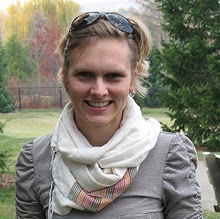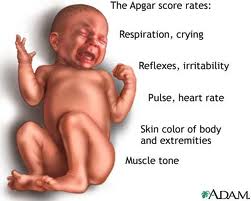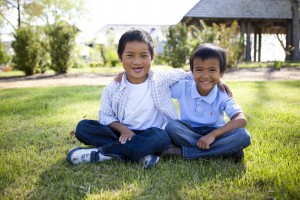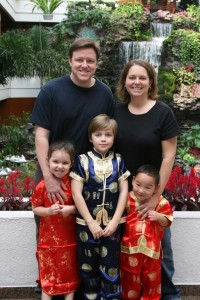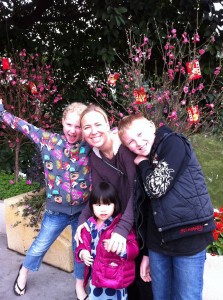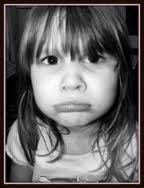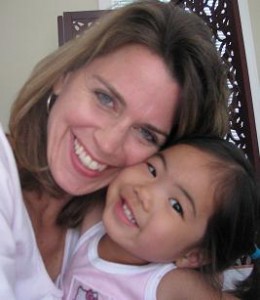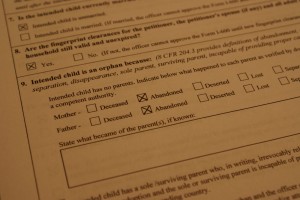
This adoption journey has run us through every emotion imaginable. The good, the bad, and the ugly have all been a part of this process and sometimes all at once. Today was one of those days. I sat down today to begin filling out more forms that we need to take to the Consulate appointment at the U.S. Embassy which will occur at the end of our trip in June to bring our daughter home.
The very first form on the checklist I tackled was the I-604, Determination on Child for Adoption. This is a form we are filling out on behalf of our child, and it was exciting to begin writing our baby girl’s name for the first time: Emma Katriel Jiana Hampton. I’m going along following the example our agency included in our packet, no problems. Until I get to page 2, question 9, and this is what I read:
Intended child is an orphan because:
Mother — Abandoned
Father — Abandoned
Man, that word abandoned jumped off the page at me and just smacked me across the face. The next thing I knew, tears where filling my eyes as I had to check that abandoned box.
What’s weird is that this comes to no surprise to me. I knew that this is the way it works in China. A birthparent must abandoned his or her child somewhere, where that child will quickly be found, so that he or she will not suffer punishment. So, why did that word hurt so bad today? Is it because I have a little face to put to that word and so it becomes more real? I don’t know but I hurt so badly for my little one who has suffered great loss so early in her life.
As I struggled with these sad emotions today, the Lord brought to mind a couple of verses from Scripture. He spoke these verses to me just when I needed them most. The first is in Psalm 68:5 when He tells us that God is a father to the fatherless. Even though my baby has not had the positive experience of an earthly father, she has had the Father of all fathers watching over her and caring for her, a Father who created her in His image and for His glory. She is so very special.
The second passage was one that had been one of Eli’s memory verses, and that is Hebrews 13:5b-6a: I will never desert you, nor will I ever forsake you, so that we confidently say, “The Lord is my helper, I will not be afraid”.
To know that the God of the universe has never abandoned Emma…now that brings comfort to this momma’s heart who is hurting so bad for her daughter.
God,
Thank you so much for your promises, promises that are true and we can stand on. Thank you for choosing me to be Emma’s momma, long before the foundation of the world was laid. It is a privilege to have this call on my life.Thank you God that you are with her all the time. Hold my baby tight until I can wrap my arms around her. And please, make that happen fast. Don’t let her be an orphan for one more day than she has to. ~ Amen
________________________________________
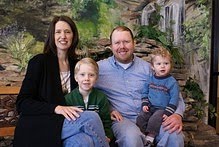
I am a follower of Jesus Christ who desires more than anything to be a Proverbs 31 woman but who falls short daily. I have been married to my husband, Matt, since 2002. I am a mother to two biological boys, ages 6 and 1. My husband and I are heading to China in June to bring home our 1-year-old daughter. Follow along on their blog.


